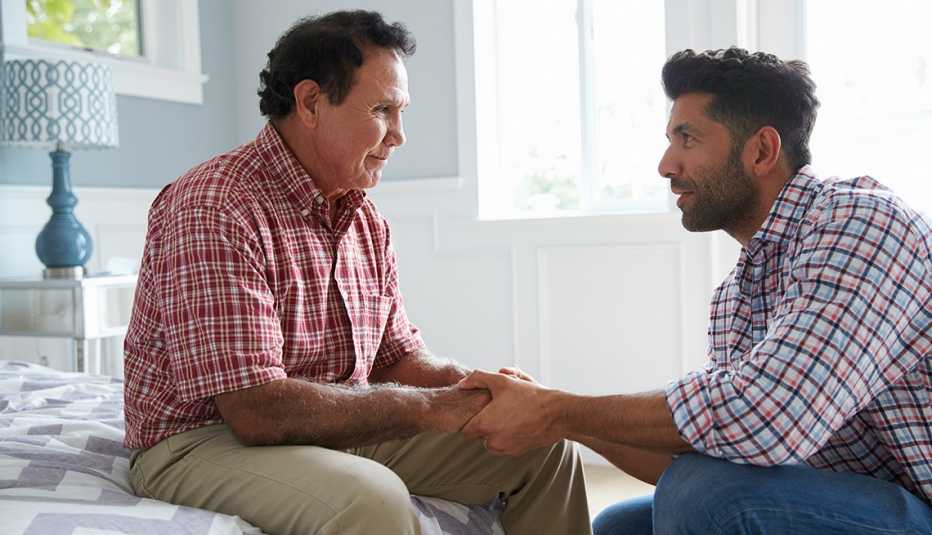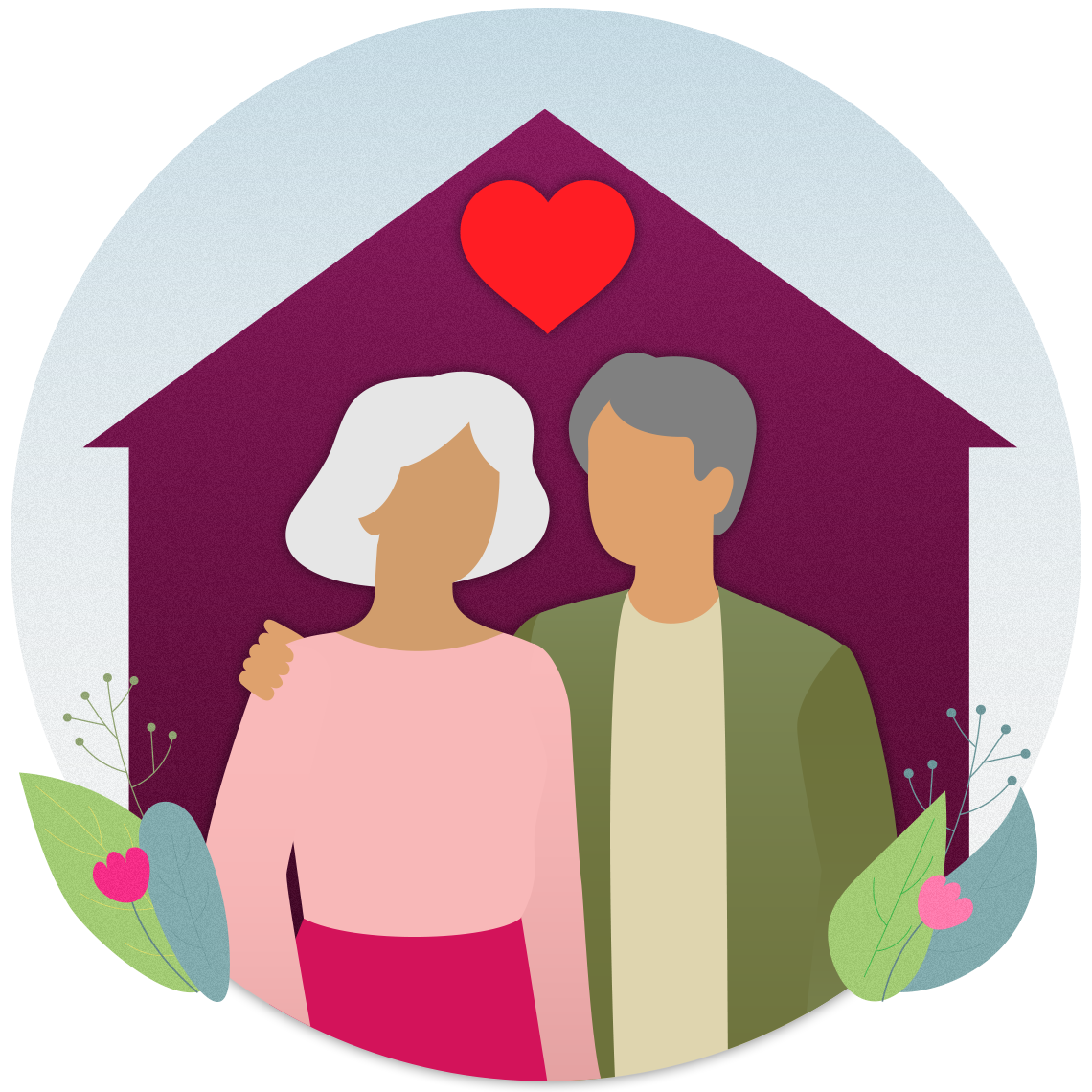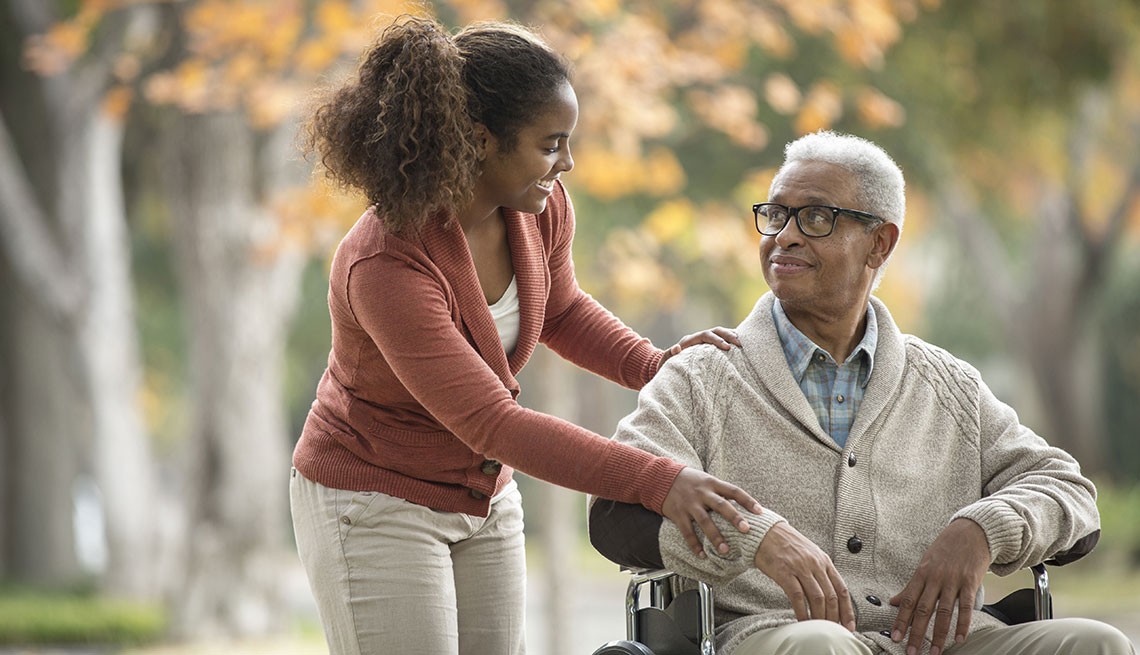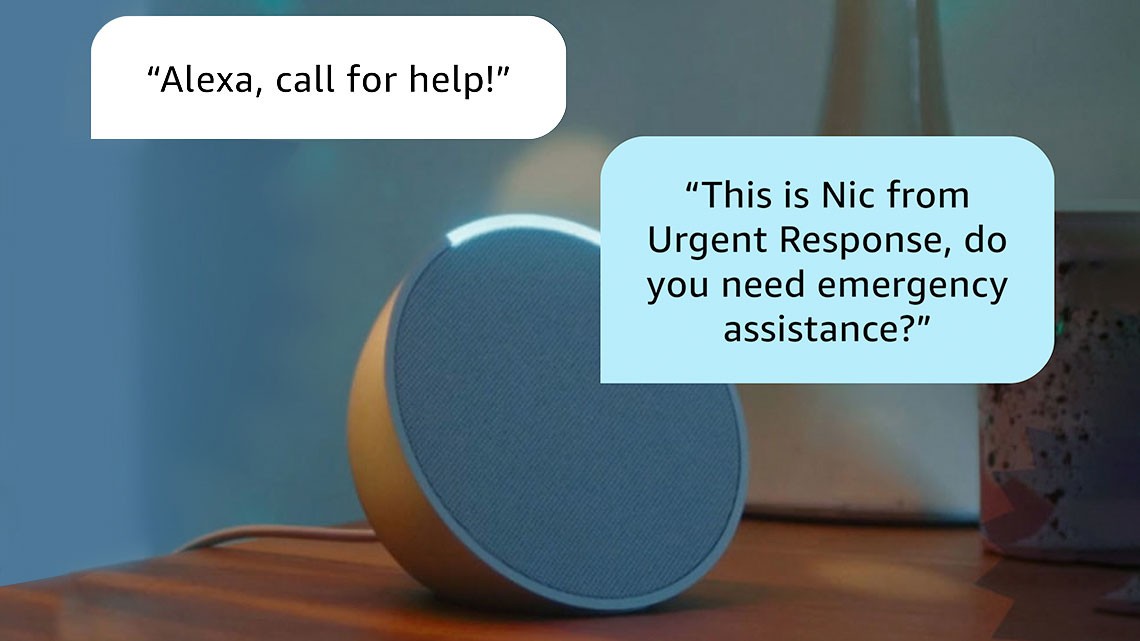Staying Fit


More than 11 million Americans serve as unpaid caregivers for people with Alzheimer’s disease or other forms of dementia, according to the Alzheimer's Association’s 2023 statistical report. These family members and friends face the normal stresses of caregiving plus other, unique challenges.
Most distressing can be having to learn how to interact with a loved one whose cognitive decline results in erratic behavior and personality changes.


AARP Membership— $12 for your first year when you sign up for Automatic Renewal
Get instant access to members-only products and hundreds of discounts, a free second membership, and a subscription to AARP the Magazine.
In the early stages of the disease, the impairments may be relatively minor. Make the most of that time together, and encourage your loved one to join you in developing a care plan.


Dementia Caregiver's Guide
The latest advice and resources to help you and your loved ones navigate a diagnosis.
These steps can help you adapt to your role as a care partner.
Clarify the diagnosis
Someone who appears to have memory and thinking problems should see their primary care physician about the symptoms.
The doctor may refer the patient to a specialist, such as a neurologist, neuropsychologist, geriatrician or geriatric psychiatrist, for a comprehensive medical workup, including brain imaging.
While no single test exists for the most common form of dementia, Alzheimer’s, doctors are able to rule out many other causes of memory problems, including depression, alcohol abuse or side effects from medications. Alzheimer’s is a life-changing diagnosis; you want to be sure it’s accurate.
- Recognize warning signs.These can include misplacement of items, confusion with time or place, mood or personality changes and unwise financial decisions — odd or extravagant purchases or donations, for instance.
- Record the facts. Your loved one might not remember key points discussed during medical appointments. If you can’t be there, suggest the patient bring along a digital recorder or a friend to take notes.
- Stay positive. While no treatments can stop Alzheimer’s, some medications can address its symptoms. And a healthy lifestyle, including staying active and socially connected, can allow someone with dementia to maintain a meaningful and vibrant life for many years.




































































More on Dementia
How Therapeutic Fibbing Can Help Loved Ones with Dementia and Alzheimer’s
Tactics to comfort, alleviate stress and meet individuals in ‘their reality’
Why Caregivers Should Confront Rather Than Avoid a Dementia Diagnosis
Don’t let fear prevent you from taking steps that may help your loved one
What Dementia Feels Like
Individuals detail their symptoms in the early stages